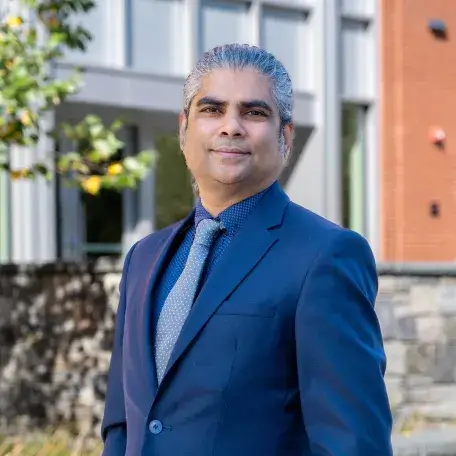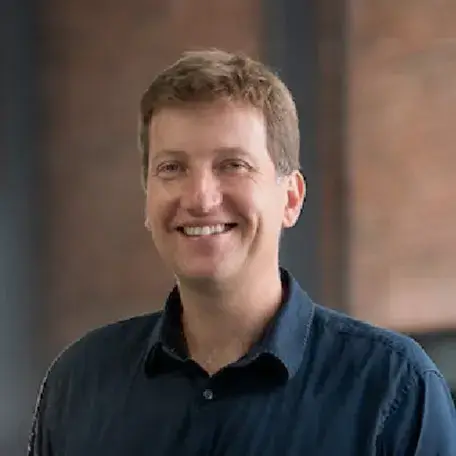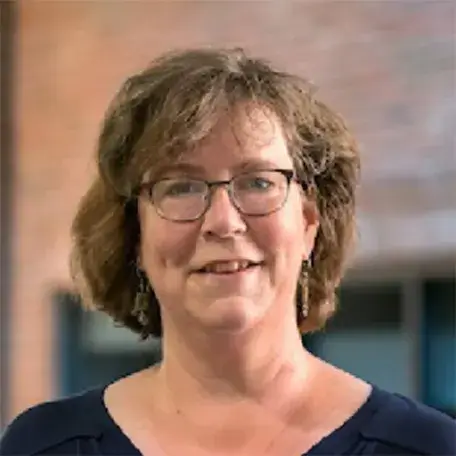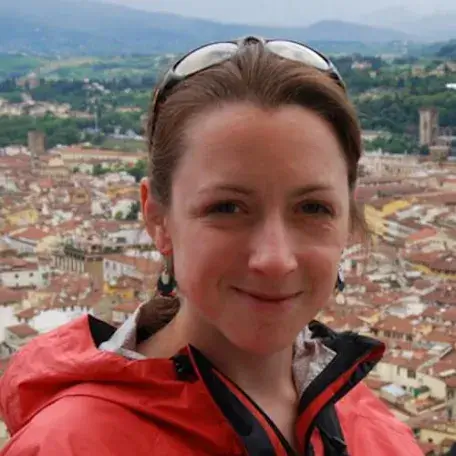At UVM we pursue the ambitious challenge of leveraging engineering knowledge and systems thinking to understand how humanity can optimally change our infrastructure and lifestyles to respond to climate change. Given the devastating consequences of climate change and natural and human-induced hazards, it is essential to develop adaptation and mitigation strategies to protect human lives, civil infrastructure and the environment. Our faculty’s research is at the forefront of developing technology and strategies to enable adaptation to climate change.
Overview
CEE faculty and student research in climate change impacts on natural and built infrastructure addresses key needs in infrastructure risk from water hazards (flooding & erosion), dam assessment, water resource structural monitoring, and precipitation and extreme event modeling.
Research Highlights
Research Topics
- Precipitation and extreme event modeling
- Dam assessment
- Water resource structural modeling
- Infrastructure risk
- Water hazards (flooding and erosion)
Graduate Study in Climate Change Impacts on Natural and Built Infrastructure
Highlighted courses are listed below:
- CEE 7900 – Reliability of Engineering Systems
- CEE 5980 – Numerical Methods for Engineering
- CEE 4600 – Hydrology
- CEE 5620 – Advanced Hydrology
- CEE 7980 – Applied Geostatistics
Faculty Researchers
Interim Dean, College of Engineering and Mathematical Sciences • Professor, Department of Civil and Environmental Engineering • Faculty Fellow, Gund Institute for Environment
mdewoolk@uvm.edu- Geotechnical and geoenvironmental engineering
- transportation geotechnics
- hazard mitigation
- geotechnical aspects of space exploration
- cultural preservation
- engineering education
Assistant Professor, Department of Civil and Environmental Engineering • Affiliate, Gund Institute for Environment
abomblie@uvm.eduEnvironmental Engineering, Hydrology.
Research Assistant Professor, Department of Civil and Environmental Engineering • Affiliate, Gund Institute for Environment
Kristen.Underwood@uvm.edu- Hydrology
- Fluvial Geomorphology
- Geostatistics
- Catchment Dynamics
- Clustering & Classification
- Infrastructure & Hazard Mitigation
- Bayesian Inference
Research Assistant Professor, Department of Civil and Environmental Engineering • Affiliate, Gund Institute for Environment
elizabeth.doran@uvm.eduUrban climate; water quality best management practices; land use and land cover change; social-ecological systems; complex dynamic systems modeling



